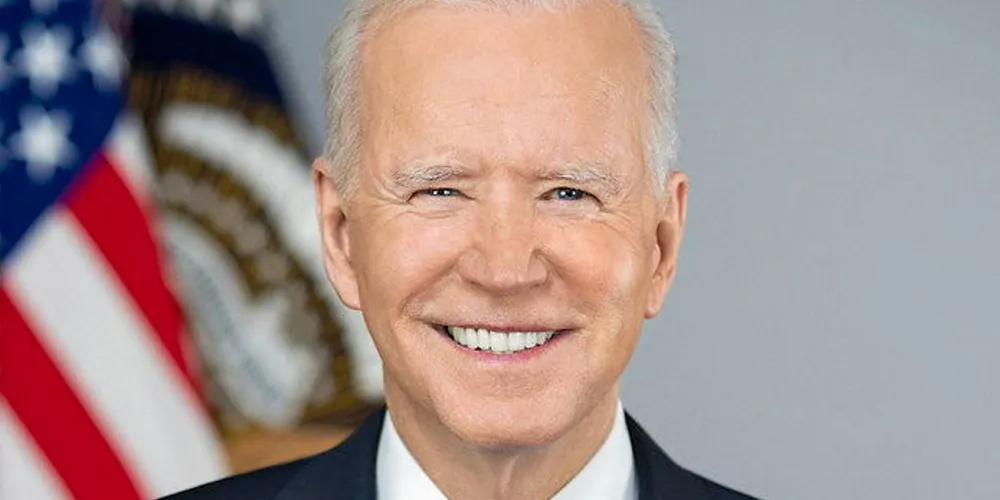Native American group joins call for US offshore wind halt until tribal rights assessed
Nation’s oldest indigenous people’s lobby calls out Biden administration for not protecting tribal environmental and sovereign interests during sector ramp up

The US’ oldest association of American Indian and Native Alaskan tribes joined the growing chorus of interest groups calling for a pause in offshore wind activities to allow further assessment of the sector’s impacts on the marine ecosystem.
In a resolution passed 24 February, the National Congress of American Indians (NCAI) called on the Bureau of Ocean Energy Management (BOEM) to “halt all scoping and permitting for offshore wind projects until completion of a comprehensive and transparent procedure adequately protecting tribal environmental and sovereign interests is developed and implemented.”
BOEM is lead regulator of energy development in federal waters under the Department of the Interior (DoI). Interior secretary Deb Haaland is a member of the Laguna Pueblo tribe in New Mexico.
BOEM said it “engages in both “formal government-to-government consultation and informal dialogue, collaboration, and engagement” with Tribal authorities and other Native organisations.
Industry advocacy group American Clean Power Association's vice president of offshore wind Josh Kaplowitz said the offshore wind industry “is committed to meaningful engagement with tribal nations throughout the consultation process to ensure a just and equitable clean energy transition.”
(Copyright)